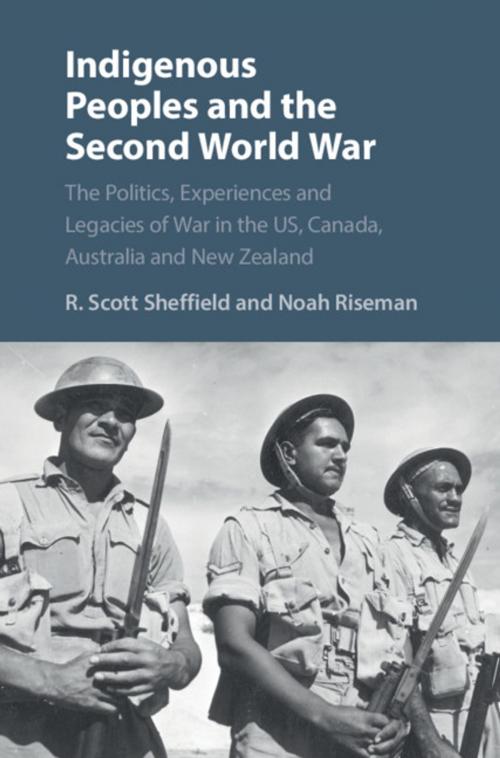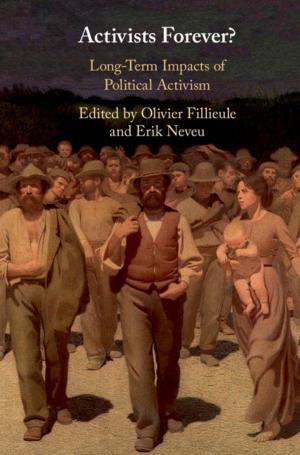Indigenous Peoples and the Second World War
The Politics, Experiences and Legacies of War in the US, Canada, Australia and New Zealand
Nonfiction, History, Military, Americas| Author: | R. Scott Sheffield, Noah Riseman | ISBN: | 9781108690959 |
| Publisher: | Cambridge University Press | Publication: | December 31, 2018 |
| Imprint: | Cambridge University Press | Language: | English |
| Author: | R. Scott Sheffield, Noah Riseman |
| ISBN: | 9781108690959 |
| Publisher: | Cambridge University Press |
| Publication: | December 31, 2018 |
| Imprint: | Cambridge University Press |
| Language: | English |
During the Second World War, Indigenous people in the United States, Australia, New Zealand and Canada mobilised en masse to support the war effort, despite withstanding centuries of colonialism. Their roles ranged from ordinary soldiers fighting on distant shores, to soldiers capturing Japanese prisoners on their own territory, to women working in munitions plants on the home front. R. Scott Sheffield and Noah Riseman examine Indigenous experiences of the Second World War across these four settler societies. Informed by theories of settler colonialism, martial race theory and military sociology, they show how Indigenous people and their communities both shaped and were shaped by the Second World War. Particular attention is paid to the policies in place before, during and after the war, highlighting the ways that Indigenous people negotiated their own roles within the war effort at home and abroad.
During the Second World War, Indigenous people in the United States, Australia, New Zealand and Canada mobilised en masse to support the war effort, despite withstanding centuries of colonialism. Their roles ranged from ordinary soldiers fighting on distant shores, to soldiers capturing Japanese prisoners on their own territory, to women working in munitions plants on the home front. R. Scott Sheffield and Noah Riseman examine Indigenous experiences of the Second World War across these four settler societies. Informed by theories of settler colonialism, martial race theory and military sociology, they show how Indigenous people and their communities both shaped and were shaped by the Second World War. Particular attention is paid to the policies in place before, during and after the war, highlighting the ways that Indigenous people negotiated their own roles within the war effort at home and abroad.















